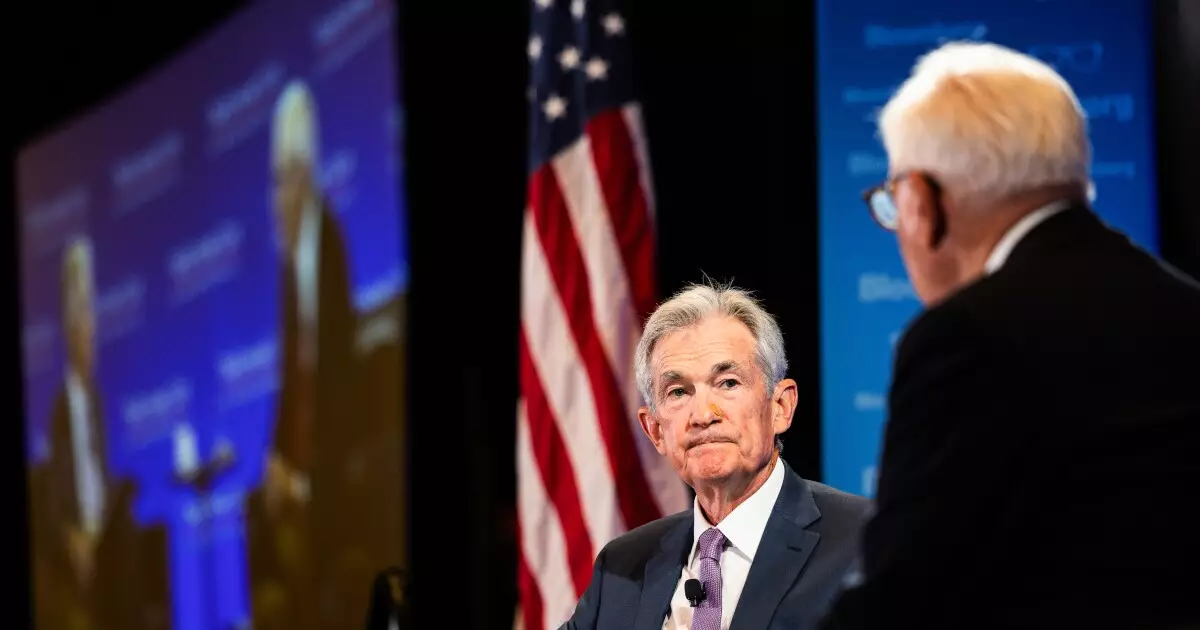Jerome Powell, the current Federal Reserve Chair, has confirmed that he will be completing his four-year term as the top official within the Fed Board of Governors, which ends in May 2026. This confirmation came during an onstage interview at the Economic Club of Washington, D.C. on Monday afternoon. However, Powell declined to speculate on what might happen after his term ends.
Despite Powell’s commitment to his position, political tension and controversy have surrounded his tenure. President Donald Trump, who nominated Powell to serve as Fed chair in 2018, quickly soured on him, expressing displeasure with the central bank’s move to raise interest rates. Trump even publicly mused about firing Powell or stripping him of his chairmanship, although the legal authority to do so remains unclear. Powell, on the other hand, has remained focused on his duties and responded to political events such as the recent assassination attempt against the former president with condemnation and well wishes for recovery.
The issue of the Fed’s leadership and governance has re-emerged in recent weeks with the introduction of the Project 2025 initiative, a transition plan for a potential second Trump administration drafted by conservative think tanks. This initiative includes proposals to rewrite the rules governing the Fed and other bank regulators. Powell, however, did not directly address this proposal but emphasized that the central bank does not seek new powers or fewer responsibilities.
Throughout his interviews and testimonies, Powell has emphasized the importance of central bank independence. He highlighted the historical significance of an independent central bank in controlling inflation and stressed the broad support for this principle, particularly in Congress. Powell’s commitment to upholding central bank independence is evident in his actions and statements, despite the challenges and political tensions he faces.
While Jerome Powell’s commitment to his position as Federal Reserve Chair is clear, he is not immune to political controversy and challenges. As he navigates the complexities of his role, maintaining central bank independence and upholding the responsibilities of the Fed remain top priorities. The future of Powell’s tenure and the Fed’s governance will continue to be topics of discussion and debate in the political and economic spheres.

